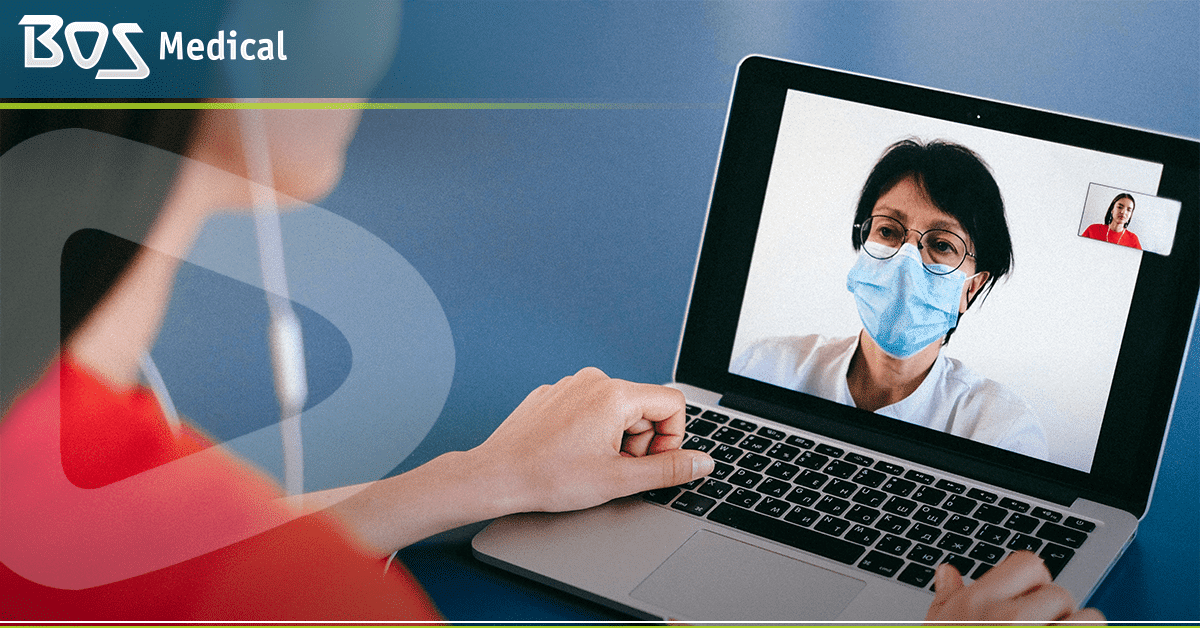
A career as a Licensed Practical Nurse can be extremely rewarding. For those called to a nursing career taking steps to become an LPN is the way to begin. As long as you fulfill all of your LPN education requirements you can begin your career in as little as one to two years. Once you have your LPN license you’ll find many possibilities for you to begin work and immense potential to grow as a nurse, perhaps even furthering your degree.
LPN education requirements are the foundation of a nursing degree. In your career as a patient care provider you will be called upon to perform many tasks, under the supervision of an RN or physician. LPN’s are responsible for monitoring patient health, updating patient records, providing wound care, taking vital signs and assisting patients with such tasks as dressing, bathing, and basic hygiene.
The areas of employment will vary for LPN’s but most LPN education requirements prepare you to work in environments such as individual physicians offices and clinics, skilled nursing facilities, hospice facilities, and as home health nurses. The average work week for those with an LPN education is a full 40 hours, although some nurses may be offered part-time. Those with an LPN education may become traveling nurses, working in different medical facilities for a few months at a time.
Schools Offering LPN Program
There are several resources which can provide you with a diploma as an LPN. Begin by looking into programs offered through your local community college, technical school, or inquire at your closest hospital or medical center. Once you’ve decided on the school you will attend, you’ll need to apply for admissions. Contact the admissions office and review their course schedule to decide when you would like to begin.
Before embarking on an LPN program you will need to have, or obtain, a few basic requirements to ensure admission to an LPN education program. These include a high school diploma, or the equivalent (GED), and, possibly nursing assistant certification.
You will need to check with the admissions department at the school to find out if you need nursing assistant certification. If nursing assistant certification is required there are many programs available and can provide you with certification as a CNA in as little as 4-8 weeks.
Classes Included in LPN Program
The classes you’ll take in your LPN program will help to prepare you for your National Council Licensure Examination for Practical Nursing, or NCLEX-PN. These are basic standard nursing classes and include:
Chemistry
Biology
Anatomy
Psychology
Emergency Medical Technology
First Aid
Physical Education
Food and Nutrition
Child Growth and Development
In addition to your coursework you will be required to obtain supervised practice of your skills in a clinical setting.
Clinical Experience as Part of Your Curricula
Exposure to a real-life settings, patients, and the fast-paced environment of a healthcare facility you’ll be able to test your knowledge under supervision. Your instructors will observe your performance and determine whether or not you are able to pass your clinical course. Many of those earning an LPN education can sail through the coursework, only to stumble when it comes to hands-on care in a real life clinical setting.
Of course the most important component of your clinical is patient care. You will be assigned a current LPN to shadow. As you become familiar with the duties performed by that LPN you will gradually be asked to perform these duties yourself. Sometimes you will be under the direction of the LPN whom you are shadowing, and other times an RN will direct you.
You will be asked to perform the administrative duties typically assigned to the LPN. These include tracking and inventorying supplies, taking medical history, maintaining records, and filling out other paperwork. This is also part of your job as an LPN and you will be trained in how to perform these duties.
Your LPN clinical course offers you a wonderful opportunity to examine other specialties in the hospital setting. You may decide to further your education and pursue any number of nursing jobs. From RN to Nurse Practitioner to Nurse Anesthetist and beyond it is possible to grow your education and career opportunities from the foundation provided by your LPN education.
Career Growth
Available jobs are on the rise for an LPN. As the aging population continues to grow and changes in healthcare become evident the projected job growth for LPNs is high. As of today the median salary for a Licensed Practical Nurse is $44,000.00.
Many times those LPN’s who have been practicing for awhile, opt to transition to registered nursing. There are two ways to go from LPN to RN. First, you could go back to the school where you earned your LPN education. You would attend classes own order to earn your associates degree in nursing then take the appropriate NCLEX exam in your state.
The other possibility for obtaining your RN is to enter an LPN-to-BSN program. This will allow you to earn your Bachelor of Science in Nursing a bit more rapidly than the average. Your prior LPN courses will count toward your degree, and your experience will make you more adept at your clinical courses.
https://unsplash.com/photos/jCIMcOpFHig?utm_source=unsplash&utm_medium=referral&utm_content=creditCopyText






